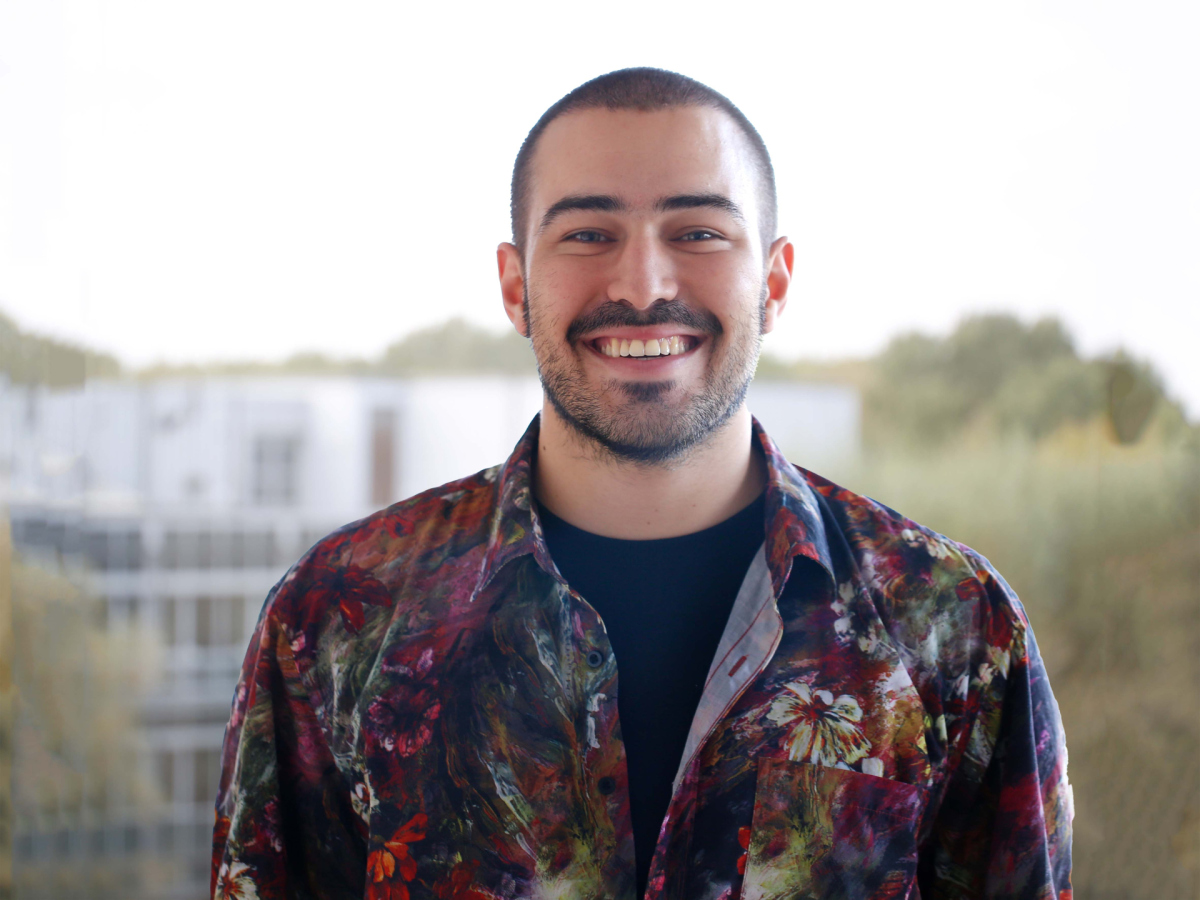- Abteilungen
- Abteilung Molekulare Ökologie
- Molekulare Ökologie
- Mitarbeiter
- Sebastian Silva
Sebastian Silva
PhD student
Department of Molecular Ecology
MPI for Marine Microbiology
Celsiusstr. 1
D-28359 Bremen
Germany
|
Raum: |
2224 |
|
Telefon: |

About me
I obtained my Bachelor’s degree in Marine Biology from the Pontificia Universidad Católica de Chile, where I carried out two research projects. The first was about developing a method to detect Prochlorococcuspeaks in CTD data from the Oxygen Minimum Zones off the Chile–Peru coast. The second focused on application of machine learning methods to identify toxic dinoflagellates in flow cytometry data. After completing my undergraduate studies, I completed a diploma in Artificial Intelligence at the Universidad de Chile. My final project focused on using convolutional neural networks to detect toxic dinoflagellates in low-cost microscopy images. Following this, I worked for a year analysing data for a couple of research projects.
In 2021, I joined the MarMic program. I did three lab rotations: one with Margot Bligh, where we worked on a glycande novoannotation pipeline that resulted in a methodological manuscript and an R package (GlycoAnnotateR). Another one with Daniel Schurholz, where learned how to implement deep learning pipelines for large datasets of coral images using Snakemake. The third one took me on an expedition to Svalbard as part of a project that intends to understand the carbon cycling in Arctic sediments. This project later became my Master’s thesis under the supervision of Katrin Knittel, where I characterized the family Ilumatobacteraceae, a prevalent bacterial group in coastal sediments from Isfjorden, Svalbard. I designed FISH probes for their identification and analysed their phylogeny based on 16S rRNA amplicon sequences and metagenomes. This work led to a manuscript on the taxonomy of Acidimicrobiiaand to the description of a new bacterial order, Benthobacterales, completed during the first year of my doctoral studies.
The main project of my PhD research focuses on the bacterial colonization of sand grains, aiming to understand what happens at the community level during their assembly. Beyond the specifics of my project, I am drawn to theoretical ecology—the idea that the same fundamental “laws” may govern ecological dynamics across different scales thrills me.
In parallel, I have also worked together with Dirk de Beer on describing the microbial community of manganese-rich, fine-grained sediments in the Red Sea, combining detailed microsensor biogeochemical measurements with centimeter-resolution 16S rRNA amplicon sequencing. This study revealed stratified profiles in both chemistry and community structure, with distinct microbial groups dominating different sediment layers.
Although the future is uncertain, I would very much like to continue in academia. The unique combination of intensity, freedom, and international collaboration makes me feel very comfortable. I believe that big things are coming for environmental biology, and I would love to be in the front row to contribute and witness them.